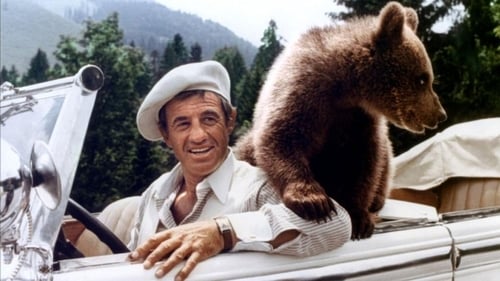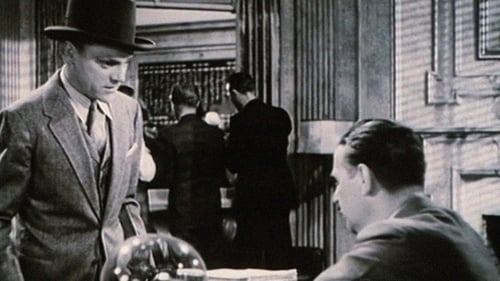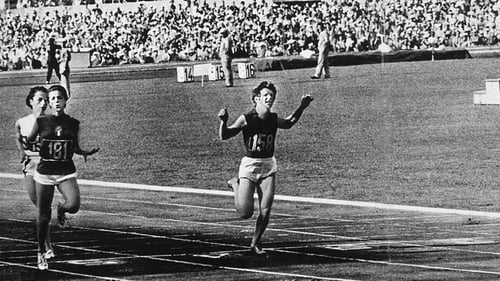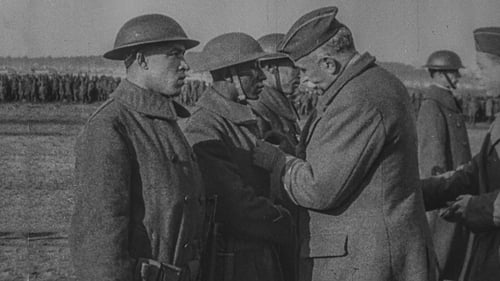Jesse Owens
Birth : 1913-09-12, Oakville, Alabama, USA
Death : 1980-03-31
History
James Cleveland "Jesse" Owens (September 12, 1913 – March 31, 1980) was an American track and field athlete who won four gold medals at the 1936 Olympic Games.
Owens specialized in the sprints and the long jump and was recognized in his lifetime as "perhaps the greatest and most famous athlete in track and field history". He set three world records and tied another, all in less than an hour, at the 1935 Big Ten track meet in Ann Arbor, Michigan—a feat that has never been equaled and has been called "the greatest 45 minutes ever in sport".
He achieved international fame at the 1936 Summer Olympics in Berlin, Germany, by winning four gold medals: 100 meters, long jump, 200 meters, and 4 × 100-meter relay. He was the most successful athlete at the Games and, as a black American man, was credited with "single-handedly crushing Hitler's myth of Aryan supremacy".
The Jesse Owens Award is USA Track and Field's highest accolade for the year's best track and field athlete. Owens was ranked by ESPN as the sixth greatest North American athlete of the 20th century and the highest-ranked in his sport. In 1999, he was on the six-man short-list for the BBC's Sports Personality of the Century.
Jesse Owens, originally known as J.C., was the youngest of ten children (three girls and seven boys) born to Henry Cleveland Owens (a sharecropper) and Mary Emma Fitzgerald in Oakville, Alabama, on September 12, 1913. He was the grandson of a slave. At the age of nine, he and his family moved to Cleveland, Ohio for better opportunities as part of the Great Migration (1910–40) when 1.6 million African Americans left the segregated and rural South for the urban and industrial North. When his new teacher asked his name to enter in her roll book, he said "J.C.", but because of his strong Southern accent, she thought he said "Jesse". The name stuck, and he was known as Jesse Owens for the rest of his life.
As a youth, Owens took different menial jobs in his spare time: he delivered groceries, loaded freight cars, and worked in a shoe repair shop while his father and older brother worked at a steel mill. During this period, Owens realized that he had a passion for running. Throughout his life, Owens attributed the success of his athletic career to the encouragement of Charles Riley, his junior high school track coach at Fairmount Junior High School. Since Owens worked after school, Riley allowed him to practice before school instead.
Owens and Minnie Ruth Solomon (1915–2001) met at Fairmont Junior High School in Cleveland when he was 15 and she was 13. They dated steadily through high school. Ruth gave birth to their first daughter Gloria in 1932. They married on July 5, 1935, and had two more daughters together: Marlene, born in 1937, and Beverly, born in 1940. They remained married until his death in 1980.
Owens first came to national attention when he was a student of East Technical High School in Cleveland; he equaled the world record of 9.4 seconds in the 100 yards (91 m) dash and long-jumped 24 feet 9+1⁄2 inches (7.56 m) at the 1933 National High School Championship in Chicago. ...
Source: Article "Jesse Owens" from Wikipedia in English, licensed under CC-BY-SA 3.0.







